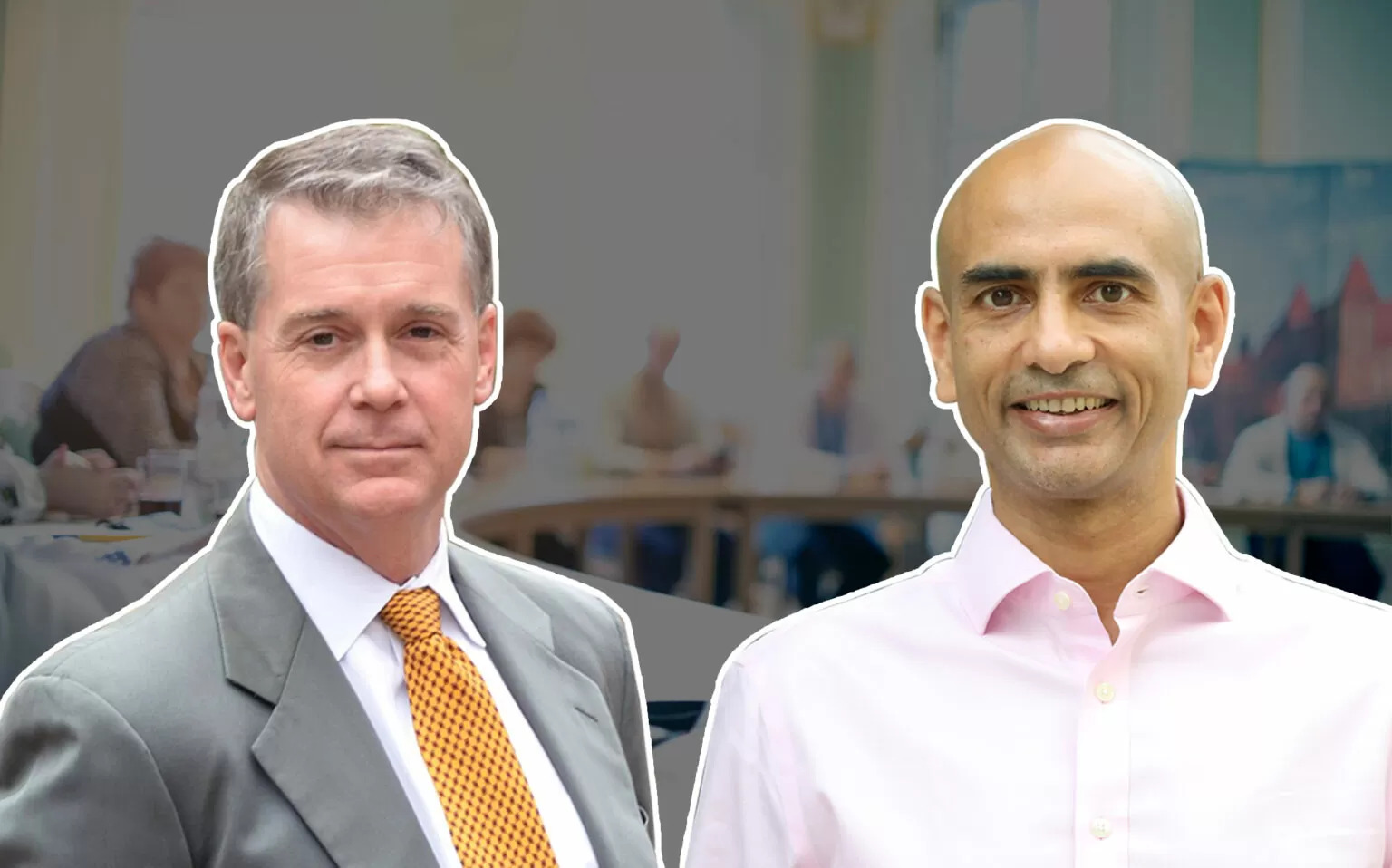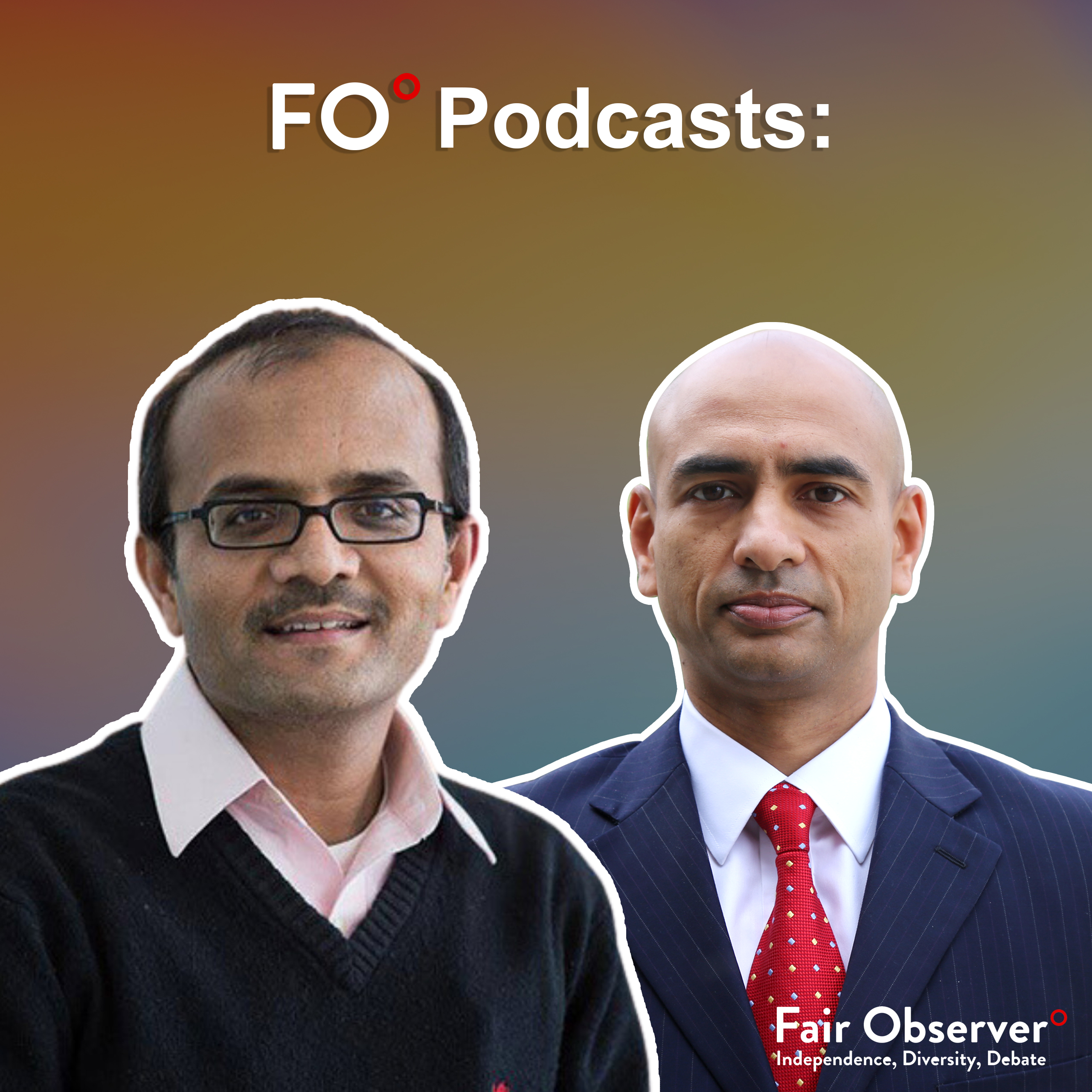In 1973, there was only one man who believed everyone on Earth would want and need a cellphone. That man was a Motorola engineer named Martin Cooper.
“I had a science fiction prediction,” Cooper recounts in his new memoir, “Cutting the Cord: The Inventor of the Cell Phone Speaks Out.” “I told anyone who would listen that, someday, every person would be issued a phone number at birth. If someone called and you didn’t answer, that would mean you had died.”
Your email address or Facebook profile may have displaced your phone number as the marker of your digital existence. But today, we live — more or less — in the world Cooper conceived. So, if Cooper says the wireless revolution is still just in its opening stages, and that mobile technology promises to help end poverty and disease and bring education and employment to everyone, it’s probably worth listening.
In this episode of “Soonish,” we talk with Cooper about the themes and stories in his book, and we explore why even the disasters of 2020 haven’t shaken his optimism about the future.
Before the 1970s, Motorola was known mainly for making the two-way radios used by police dispatchers and the AM/FM radios in the dashboards of cars. But Cooper, head of the company’s communication systems division, was convinced that the company’s future lay in battery-powered handheld phones tied to a network of radio towers, each broadcasting to its own “cell.” Moreover, he knew it would take a spectacular demonstration of such wireless technology to keep the Federal Communications Commission from giving AT&T the huge chunks of radio spectrum it wanted to build its own network of in-dashboard car phones.
Cooper convinced his bosses to let him lead a crash, 90-day program to build a prototype cellular phone that it could show off to the media and the FCC. The project to build the DynaTAC (for Dynamic Adaptive Total Area Coverage) was a success and, in the end, AT&T never got the spectrum it wanted.
It took another decade for Motorola to commercialize the technology, largely because of FCC foot-dragging over spectrum allocation for the consumer cellular industry. But Cooper’s 1973 demo opened the door to the world we now know — including, many generations of devices later, the rise of podcasting.
Cooper is 92, and he still buys every new model of every brand of smartphone, just to try it out. He thinks there’s lots of room left for improvement — and that the next generation of mobile devices may not look like phones at all but will instead go inside our ears or even inside our bodies, where they’ll help to detect and prevent disease.
When someone has had had a front-seat view to so many decades of high-tech innovation, perhaps they can’t help feeling rosy about humanity’s ability to think its way out of present-day challenges like the COVID-19 pandemic, climate change or inequality in educational and economic opportunities.
“The problems are big enough so it’s going to take some time to get them solved,” Cooper says. “But there are people around who are doing the thinking and who are addressing these problems. Pretty much the only advantage the human brain has over machine is that it keeps making mistakes. And we call those mistakes creativity. So I think that’s going to save us.”
Chapter Guide
-
-
- 00:08 Soonish theme
- 00:24 Officer of the Deck
- 01:42 Left-Right Confusion
- 04:06 The Father of the Cell Phone
- 06:52 Geeking Out
- 08:41 Living in the Future
- 10:50 Disproving Technological Determinism
- 17:19 An Alternative History of the Cell Phone
- 19:45 The Fate of All Monopolies
- 23:35 Midroll Announcement from The Lonely Palette
- 24:46 Why Phone Makers Still Don’t Have It Right
- 31:49 The Sources of Cooper’s Optimism
- 37:42 End Credits and Acknowledgements
- 39:19 Promo: Subtitle’s “We Speak” Miniseries
-
*[“Soonish” is produced by Wade Roush. Click here for a full list of episodes.]
The views expressed in this post are the author’s own and do not necessarily reflect Fair Observer’s editorial policy.











